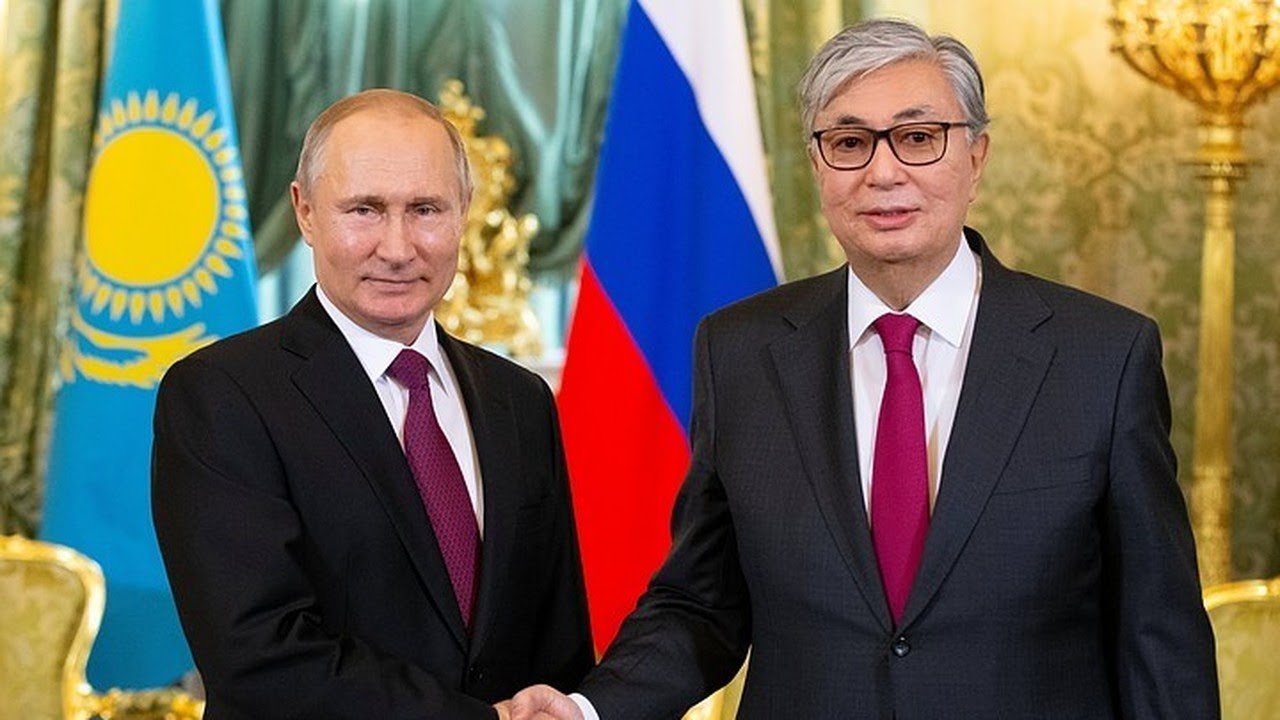Russian President Vladimir Putin has put forward a proposition to establish a “gas union” among Russia, Kazakhstan, and Uzbekistan, aimed at facilitating the transportation of natural gas within the region and beyond, with a particular focus on China.
Following discussions between Kazakh President Qasym-Zhomart Toqaev and Putin in Moscow, Russian Kremlin spokesman Dmitry Peskov confirmed on November 29th that the proposal was under consideration. Peskov emphasized the necessity for synchronization among the three countries, given their significant involvement in the natural gas market.
The initial phase of Putin’s proposal involves setting up a coordination mechanism, as outlined by Peskov. He mentioned the likelihood of engaging a legal entity to formalize cooperation among the three nations and to develop infrastructure for exporting to external markets.
In a statement on November 29th, Toqaev’s spokesperson, Ruslan Zheldibai, revealed that discussions between the Kazakh and Russian presidents revolved around coordinating efforts for transporting Russian gas through Kazakh and Uzbek territories. Both presidents expressed the need for comprehensive discussions involving experts to ensure a solution that addresses the interests of all stakeholders.
Peskov highlighted the economic advantages for Kazakhstan’s northern regions in increasing Russian gas supplies, as opposed to pursuing a separate pipeline construction plan aimed at securing gas deliveries from Kazakhstan. According to him, this shift in strategy could potentially save Astana significant financial resources.
While Russia stands out as a major exporter of natural gas, Kazakhstan and Uzbekistan primarily meet their domestic demand. The Central Asian nations currently rely on pipelines to transport gas to Russia and China, with Moscow increasing its gas exports to China amid a decrease in European dependency on Russian gas due to geopolitical tensions stemming from Russia’s military actions in Ukraine.
Putin’s proposal underscores a collaborative effort to optimize gas transportation routes in the region, potentially benefiting all involved parties economically while addressing energy demands in neighboring countries.








 GOOGL
GOOGL  AMZN
AMZN  MET
MET  T
T  WPM
WPM  DM
DM  SVM
SVM  CMC
CMC  HKDUSD=X
HKDUSD=X  BABA
BABA